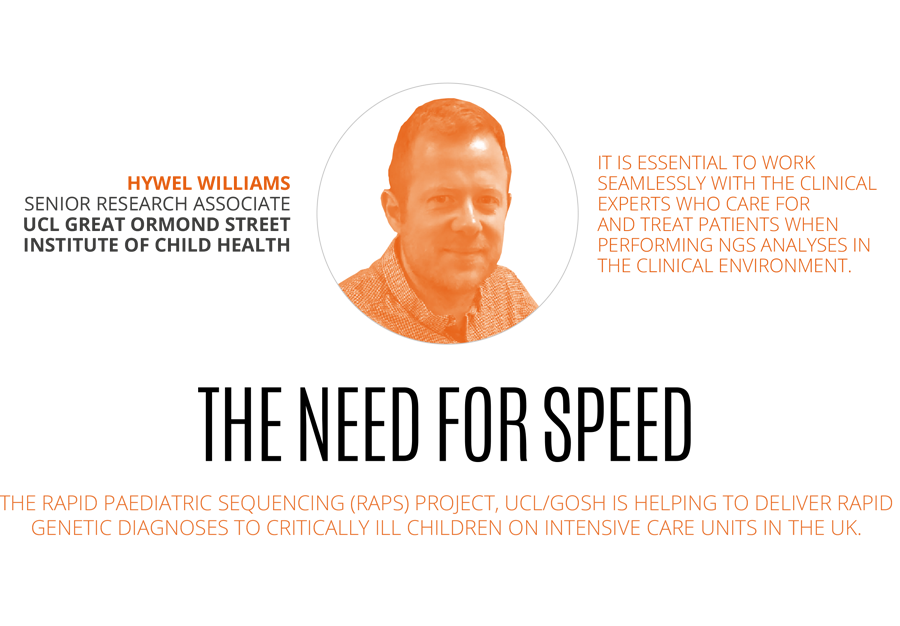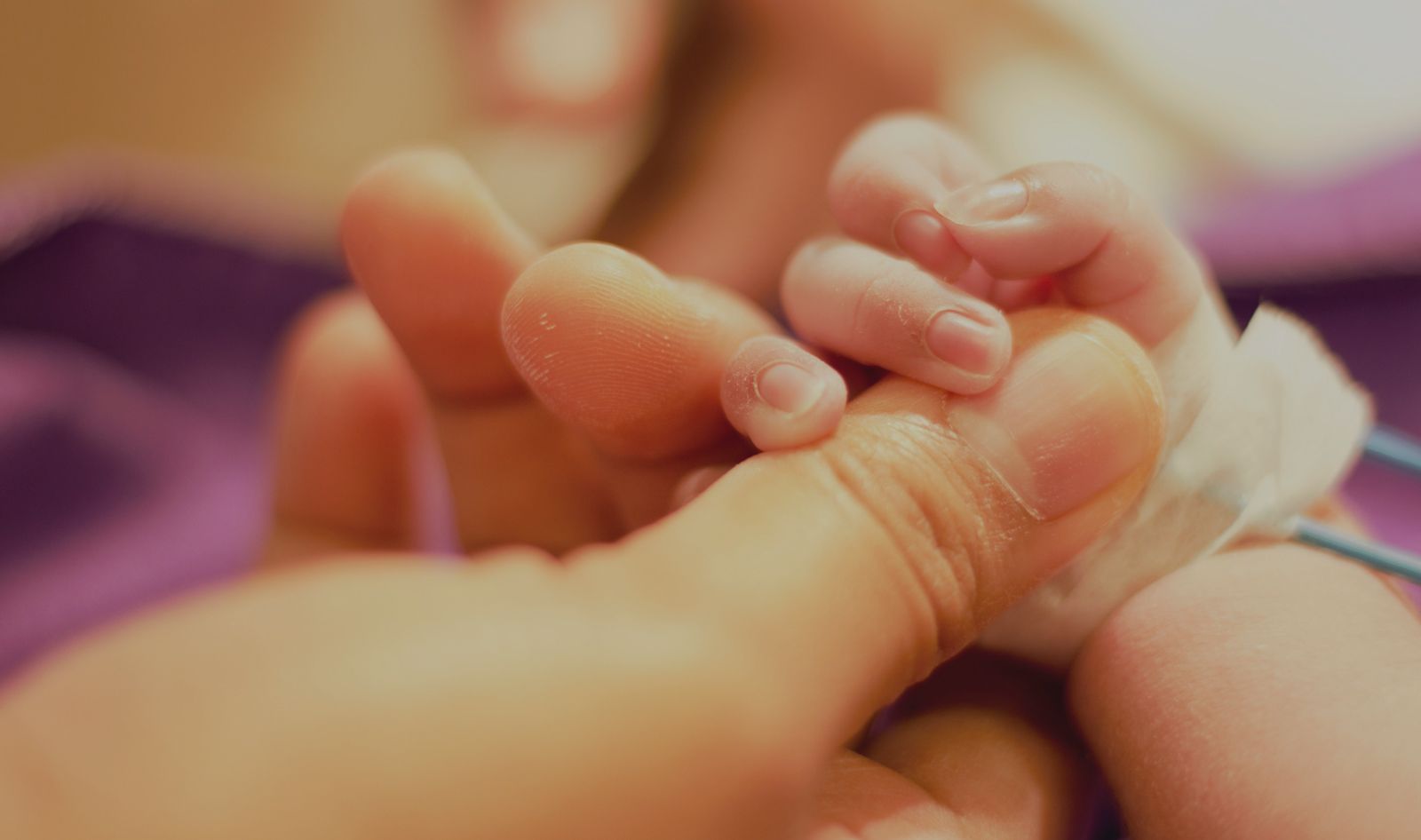Rare Diseases
The use of Next Generation Sequencing in the field of rare diseases is all about finding rare candidate mutations. 42Genetics patented highly accurate mapping and observational variant calling methods, offer a precise instrument to uncover these.
Embedded trio analysis reports Mendelian errors and allows for reliable De Novo variant detection. Trio analysis in 42Genetics Population further allows lower sequencing depths for parents and a complete full genome analysis takes just 1 hour on a small server.
42Genetics Population has the ability to collect thousands of samples in a single repository and supports large scale analysis to find ‘the needle in the hay stack’.
42Genetics solutions can be life changing in patient diagnostics by reducing processing time from days to hours, enabling clinicians to decide quickly on the best possible treatment.
Publication
Pioneering an efficient migration of 13,000 whole genomes: Catching up with the latest human genome assembly.
Author: S. Graf et al. (University of Cambridge, United Kingdom)
The challenge: Migrating a dataset of 13,000 whole genomes focused on the identification of the genetic basis of rare diseases with emphasis on cardiovascular disorders to the latest human reference standard GRCh38.
The solution: Analysis of 13,000 whole genomes shows that GRCh38 delivers better coverage and significantly more variants without detriment to quality. Alignment and variant calling for GRCh38 was completed in 20 days using 10 compute nodes.


Interview
“We incorporated one of the (42Genetics) servers into our cluster, which allowed us to drastically reduce the sample processing time, down to an average of 20 minutes per sample, meaning we could process a full trio in just one hour. Work performed by us ‘in house’ and by others has shown that this time reduction does not come at the price of accuracy or sensitivity.”
Interview with Hywel Williams, Senior Research Associate (UCL Great Ormond Street Institute of Child Health
